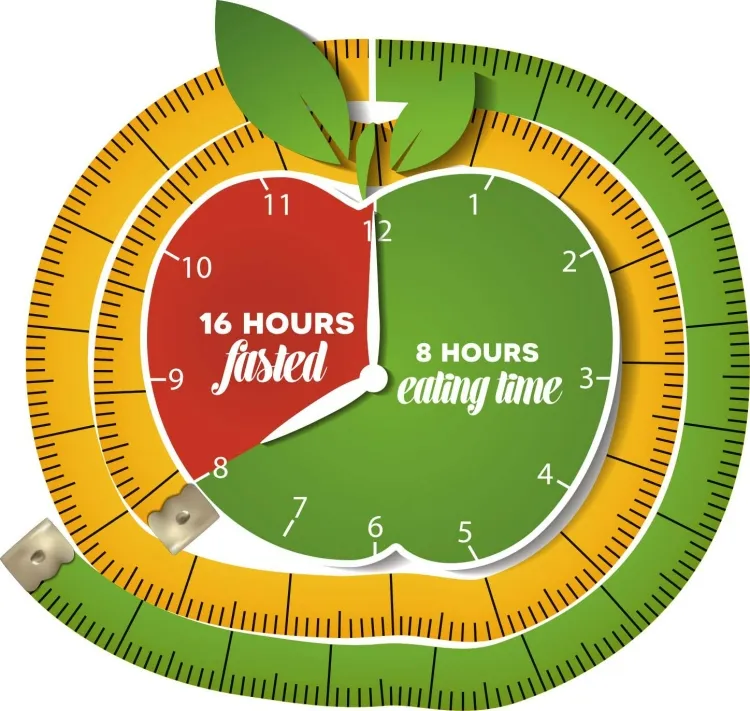Do not turn your everyday life into an ordeal by subjecting yourself to draconian diets! When you want to lose weight, it is not recommended to rush blindly following guidelines and restrictions which in most cases are not adapted to individual needs. Take a look around and observe obese people. Their problems are not identical and the fat deposits are in different places. We are sure that there are diets, just like the physical exercises, that are done for this or that part of the body. Intermittent fasting menu not only targets excess pounds, but overall health as well. Moreover, it is not a total food deprivation, but just at times of the day. So, let’s see if fasting is for you and how to do it?
Intermittent fasting menu benefits

By following our desire to look young and fit, we become easy targets for an entire industry of programs that try to get us excited! If you want to achieve significant weight loss, you need to think wisely about your own needs, about the number of calories needed per day, about your health. This last factor is the most important, since slimming diets are a double-edged sword. In this context, it turns out that intermittent fasting menu is a something that can improve health.

According to the opinion of researchers, the advantages are indisputable, but it is neither a universal nor a quick solution. We rely on the circadian rhythm of the body and on the disposition of the brain to accept events during the day. A slow metabolism is one of the causes for gaining pounds.
But let’s stop circling around the essentials and abusing your patience! Every hour of the day, our body works differently. This explains the effect of intermittent fasting menu.
Also read: Why Eat One Meal a Day? These Are the Effects the OMAD Diet Has on the Body When Losing Weight
Intermittent fasting – what to eat?

All diets achieve weight loss based on the same principle – you consume less food energy each day than your body burns for normal activity. Intermittent fasting achieves this goal by severely restricting calories on certain days of the week or during specific times of the day. The theory is that this eating regimen helps decrease appetite by slowing down the body’s metabolism.
One model that has become popular is the so-called 5:2 diet. This system allows you to eat normally for five days of the week, but prompts you to limit food intake to only 500-600 calories on the two fasting days. Another variation of intermittent fasting menu is to alternate fasting days, during which you consume a quarter or less of your basic caloric needs, with “party” days, during which you eat whatever you choose.
Types of fasting and sports

As we mentioned above, obese people have fat deposits in different areas of the body. In most cases, it is the belly area. There is the stress belly, the gluten belly, the alcohol belly and the hormonal belly. So even cutting calories, you can’t be sure that you will lose fat where you want. It must be combined with sport, and it is better that it is the Pilates method which melts the rolls and the bun and strengthens the muscles.

There is 16/8 intermittent fasting which recommends eating whatever you like for 8 hours and starving for the remaining 16 hours. Simple and sustainable method to lose weight!
Fasting every other day, what does that tell you? Well, that’s clear! Two days of food as usual, but not putting anything in the mouth on the third.
And finally, periodic fasting for five consecutive days in a month, during which you limit your caloric intake. The rest of the month is without deprivation.
Intermittent fasting duration: beware of potential pitfalls!

A general rule in life is that after doing hard work, or undergoing extraordinary hardships, people want to reward themselves. This means that after fasting, one is inclined to indulge in old unhealthy habits and the results achieved can fade very quickly and without realizing it. Your appetite hormones and the hunger center in your brain go into overdrive when you’re deprived of food.
You have understood that precision does not concern intermittent fasting menu, that is to say, you eat what you want while respecting the “breaks” mentioned, but that does not mean overeating.
It should be borne in mind that during periods of fasting, you may have headaches due to the low blood sugar level.
